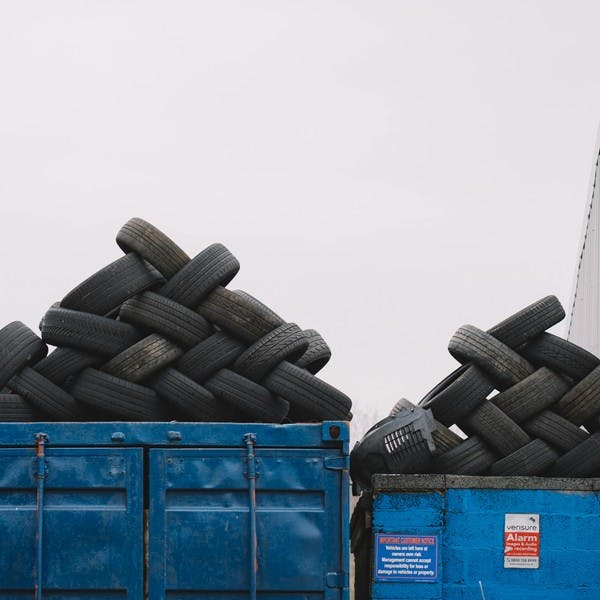Car grease Motor grease Sump Oil Car Oil Engine Oil Engine Grease
Shire of Dowerin
13 Cottrell St, DOWERIN
37.2km
Scrap Cars Removal Sydney
13 Cooraban Rd, Milperra NSW 2214, NSW
Scrap Cars Removal Sydney is a reputable company that specializes in the removal and disposal of unwanted, old, and scrap cars in the Sydney area. We take pride in our commitment to promoting environmentally-friendly practices and reducing waste. Our team understands the importance of protecting the environment and works towards a sustainable future by offering responsible and eco-friendly options for car disposal. We offer cash for car disposal in Sydney, providing fair and accurate offers based on market data. With our free pickup service, we make it convenient for car owners to get rid of their unwanted vehicles without any hassle. Instead of letting your old car rust away in a landfill, our team of experts ensures its safe removal and focuses on recycling and reusing its parts, minimizing the environmental impact. Scrap Cars Removal Sydney aims to revolutionize the car-selling process, making it seamless, secure, and environmentally conscious. We are licensed, recognized, and prioritize customer privacy. With our reliable and trustworthy services, we strive to provide a positive experience from start to finish.
National (Metro Only)
Perth Car Buyer
26a Owen Road, Kelmscott 6111, Kelmscott
Get a hassle-free car sale, top dollars & a free pickup when you sell your old, unwanted, damaged, used or accident Vehicles to us. We’ve built our name around the services we provide, which include quick Cash for Cars Perth sales & free towing. Get top Dollar with us when we are your car buyer in Perth. We are Western Australia’s Top Buyer that guarantees a speedy car sale & removal. Do you have a car that you’d like to sell in Perth? We want to buy it! You don’t want to waste your time, and neither do we. What better service can we offer auto sellers than the fastest way to sell their four-wheelers in Perth to a trusted buyer? A buyer that offers fair prices. Get a quick car sale & removal while also getting top dollars for the sale of your car. We pay you as soon as you are ready to collect the cash for the sale of your car to us. Eager to hear more? Call us for a quote today!
Western Australia








